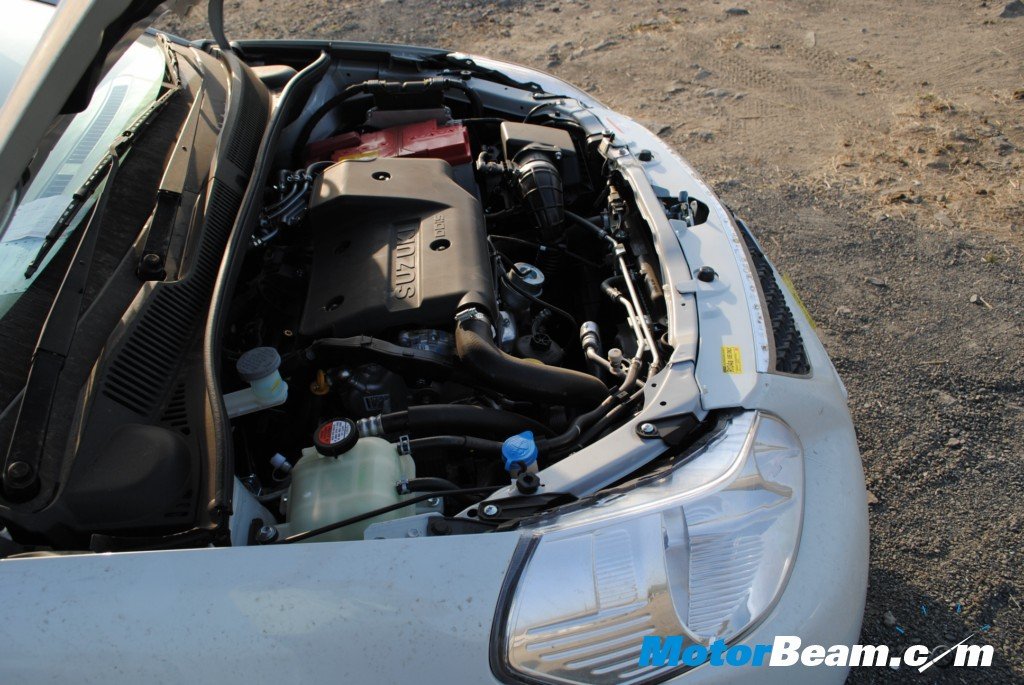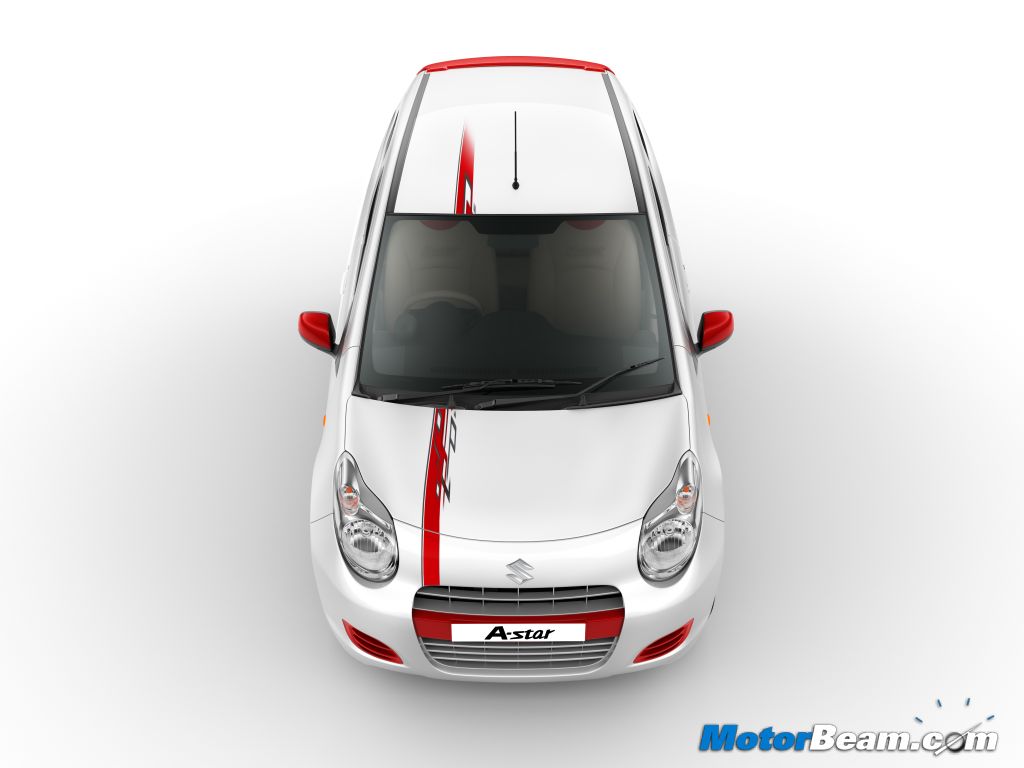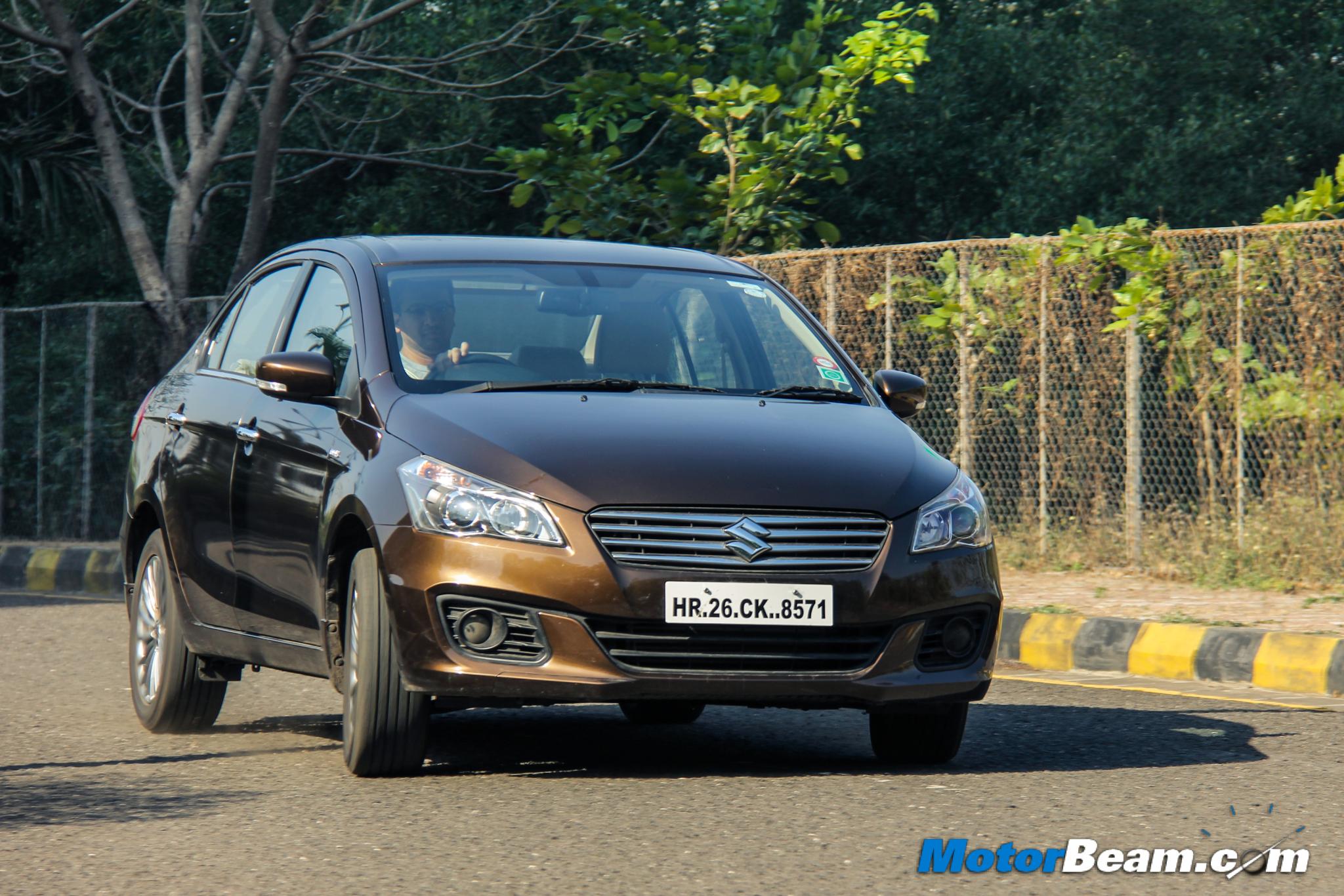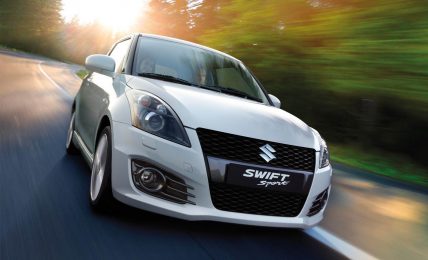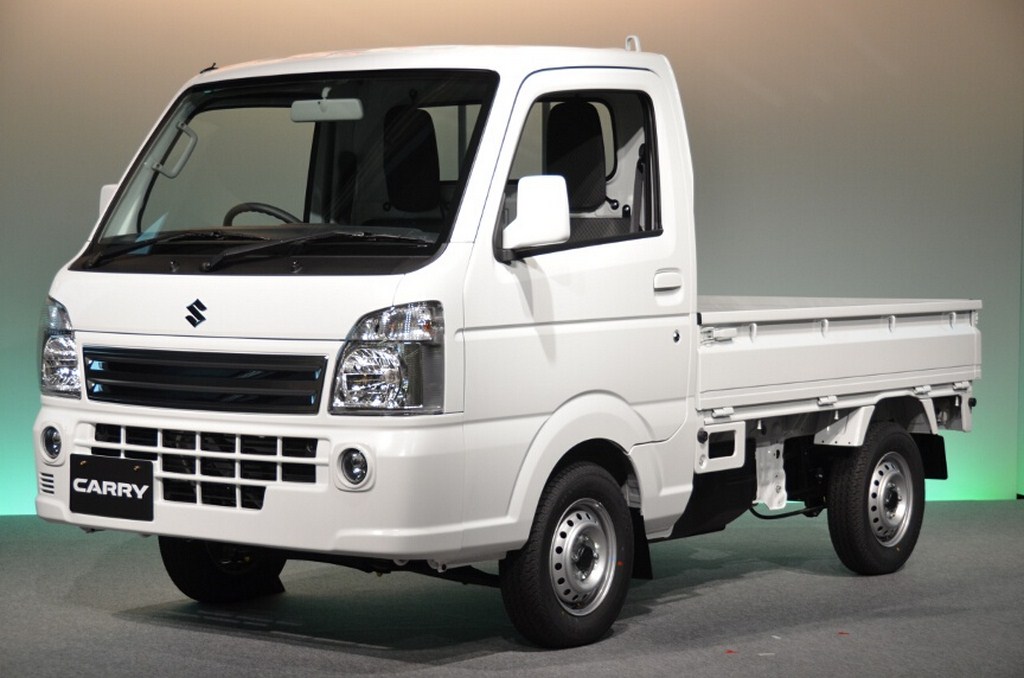Maruti Suzuki might not launch any new product in 2013 but the company has quite a few launches lined up for 2014. We earlier reported about the company’s plans to launch a compact SUV later this year but the production of the same has been delayed due to supply constraints. Thus Maruti Suzuki will launch three new cars in 2014, including the A-Start/Estilo replacement, which is codenamed YL7. The A-Star and Estilo are showing very poor sales and thus the company will replace both with one single model next year.
The YL7 is indeed the next generation Alto, which will be manufactured in India and exported all over the globe. The automaker is developing an 800cc, twin-cylinder diesel engine for the YL7 which will compete with the likes of the new Hyundai i10 (which gets a 1.1-litre diesel engine) and Chevrolet Beat (which uses a 1.0-litre diesel engine). Tata Motors is expected to launch the diesel powered Nano early next year and the YL7 will arrive at the same time. However Maruti Suzuki will initially offer the YL7 with a 1.0-litre, 3-cylinder petrol engine and the diesel version will be launched by December 2014.
Maruti Suzuki is giving immense importance to the small capacity diesel engine as it can really boost sales for the company. The same engine can be used in other small cars like the Alto and WagonR. The 800cc twin-pot diesel mill will return a mileage of more than 30 km/l in the YL7. The engine management system is being developed by Bosch for both the Nano diesel and Maruti diesel engine. Suzuki is also working on two more diesel engines of 1.2 and 1.4-litre capacity as it wants to reduce dependancy on Fiat. The current DDiS diesel engine in Maruti Suzuki cars is nothing but a rebadged Fiat Multijet motor.
Maruti Suzuki will also bringing in facelifts and limited edition variants of its popular cars next year. The other important launches include the SX4 replacement (with the sedan version of the S-Cross, codenamed YL1) and a compact SUV (production version of the XA Alpha, codenamed YAD). The YL7 is already on test in global markets.
Source – Financial Express


